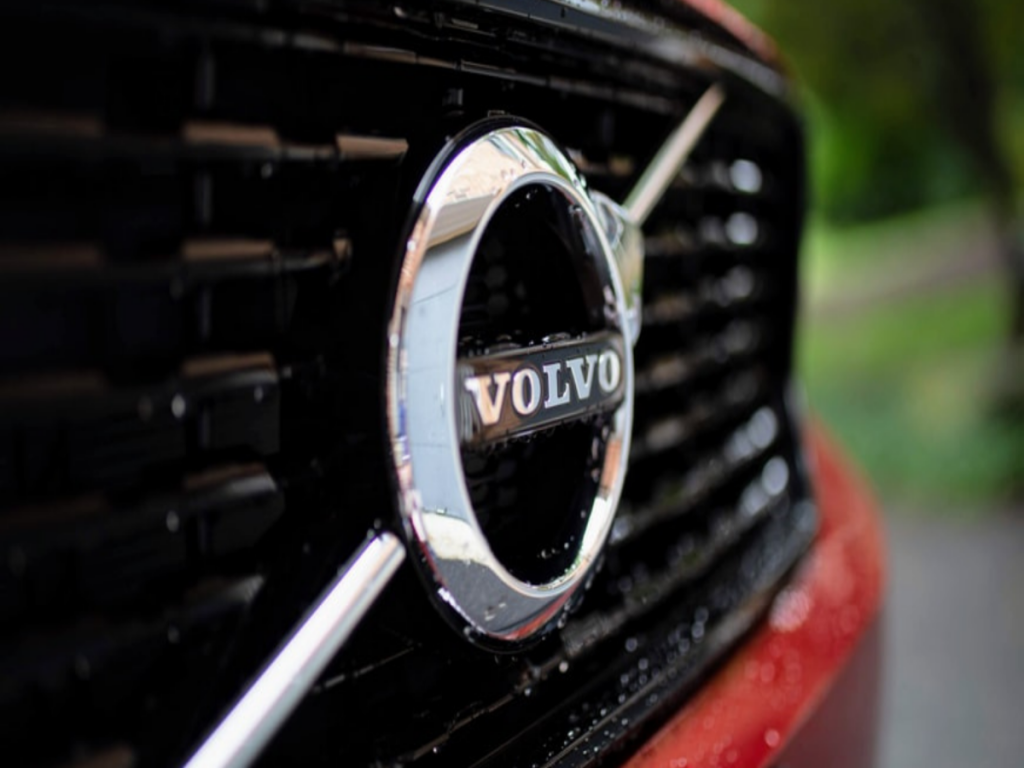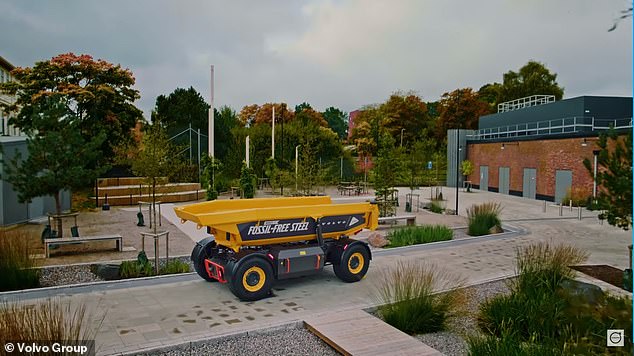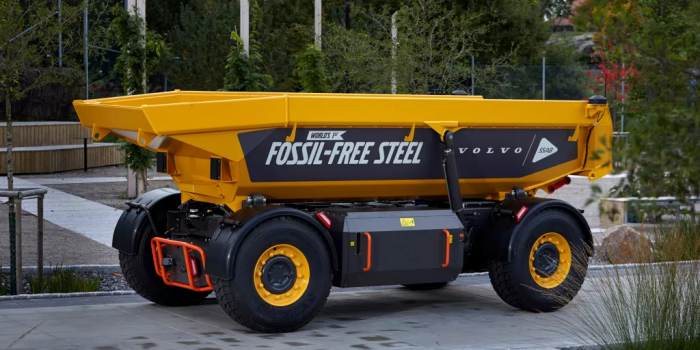In the 21st century, there’s no shortage of companies claiming “world’s first” status for their products. But, unfortunately, few people can withstand prolonged tests. So, how big of a deal did Volvo’s unveiling of an autonomous vehicle constructed of fossil-free steel make today?
It is, after all, rather enormous. The devil, on the other hand, is in the details.
Volvo CEO Martin Lundstedt debuted the four-wheeled, driverless, and fully electric vehicle at a press conference in Copenhagen alongside representatives from Swedish steelmakers SSAB and Ovako, who are working with Volvo to bring vehicles to market with low greenhouse gas emissions.
The vehicle in question is a load carrier, which can work with other autonomous vehicles to pick up and transport material along a pre-programmed route in quarrying and mining. The vehicle emits no emissions while in operation since an electric motor powers it.

The SSAB firm’s technology is relatively new and expensive. As a result, it will take some time to make all of the steel in this method. In addition, there are many varieties of steel, each with various properties for different applications; yet, because the basic standard recipe necessitates a lot of heat, the steel sector contributes a substantial amount of CO2 to the atmosphere.
The SSAB technique differs in this area. To begin with, rather than gas furnaces, electric furnaces are used to provide heat in this case. These plants’ electricity is generated in environmentally beneficial facilities, of course. Next, hydrogen is employed as a reductant instead of coal. And the iron is mined in an ecologically responsible, long-term manner. As a result, steel is made without emitting CO2.

Green steel will not be used by SSAB anytime soon. In 2026, it plans to initiate mass manufacturing of its fossil-free steel. It will take decades to phase out the obsolete and environmentally damaging steel. By 2050, Volvo wants its entire business, including its supply chain, to be carbon neutral.
In addition, the quality of fossil-free steel is similar to that of traditional steel. However, it is more expensive due to the high cost of hydrogen and sustainable electricity. This technique is also slower, although this will change once full-scale production begins.

Martin Lindqvist, President and CEO at SSAB, said: “Having the world´s first actual vehicle made using SSAB´s fossil-free steel is a true milestone. Our collaboration with Volvo Group shows that green transition is possible and brings results. Together, we will continue reducing climate impact all the way to the end customer while ensuring that our customers get high-quality steel. We look forward to continuing to work with Volvo Group in research and development to produce more fossil-free steel products.”
The world will eventually switch to electric mobility, but cars without an exhaust system will be insufficient. It’s critical that the entire life cycle is clean, from production through recycling. And the only way to do it is through the use of environmentally friendly steel.
Source: Volvo Group


